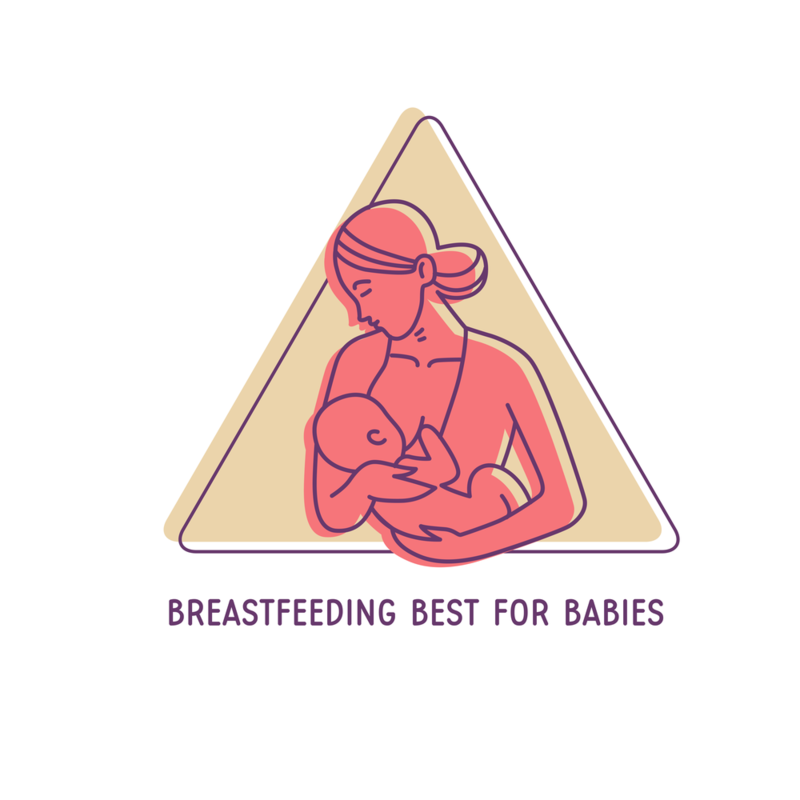Breastfeeding, one of the foundations of child health, development, and survival: Experts
UNI Jun 04, 2018
Breastfeeding is one of the foundations of child health, development and survival, especially where diarrhea, pneumonia and undernutrition are common causes of under-5 mortality.

Breastfeeding also helps reduce overweight and obesity and protects maternal health. It has many health benefits for both the mother and infant. Breast-milk is also an important source of energy and nutrients in children aged 6–23 months. It can provide half or more of a child’s energy needs between 6-12 months, and one-third of energy needs between 12-24 months.
Breast-milk is also a critical source of energy and nutrients during illness, and reduces mortality among children who are malnourished. Children and adolescents who were breastfed as babies are less likely to be overweight or obese. Early initiation of breastfeeding refers to initiation of breastfeeding within one hour after birth and ensures that the infant receives the colostrum, or “first milk”, which is rich in protective factors.
For these reasons, the World Health Organization (WHO) recommends that breastfeeding should be initiated within the first hour of birth and that infants should exclusively breastfeed for the first 6 months; complementary foods should then be introduced with continued breastfeeding until 24 months of age or older.
Women need support in order to optimise the chances of breastfeeding in line with WHO’s recommendations. Currently, only 45 per cent of newborns are breastfed in the first hour after birth; only 43 per cent of infants are exclusively breastfed until 6 months of age and, at 2 years of age only 46 per cent of children are still breastfed.
-
Exclusive Write-ups & Webinars by KOLs
-
Daily Quiz by specialty
-
Paid Market Research Surveys
-
Case discussions, News & Journals' summaries